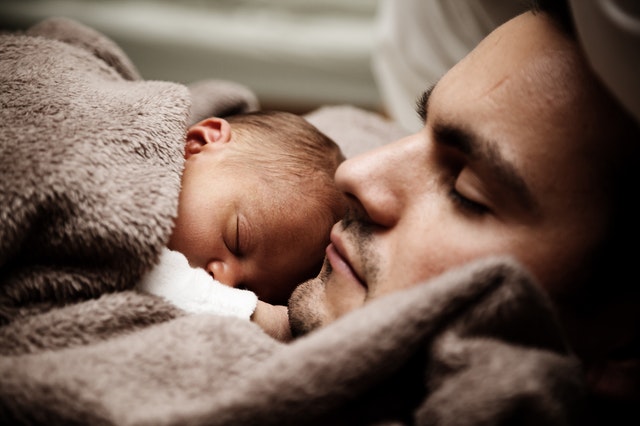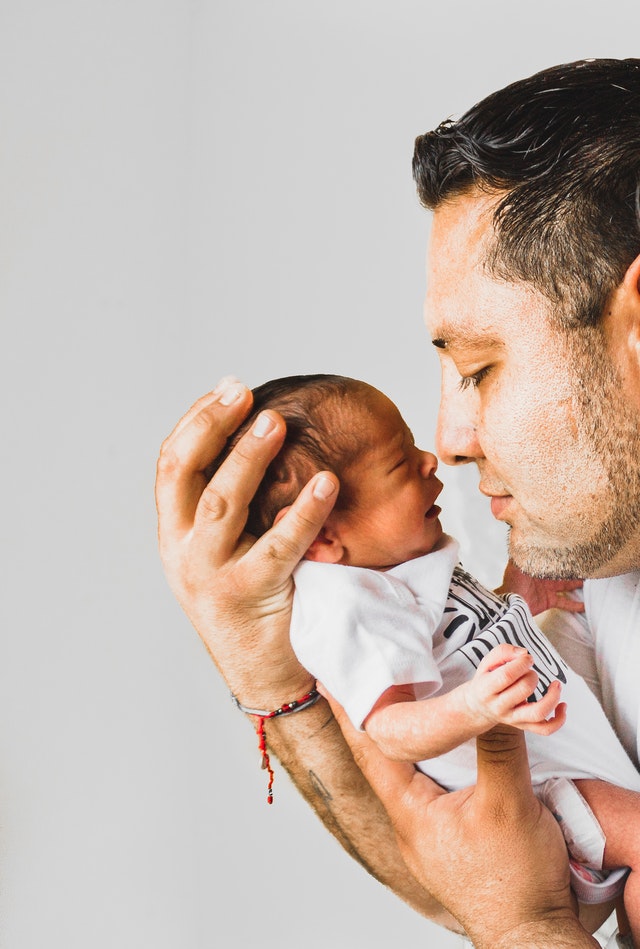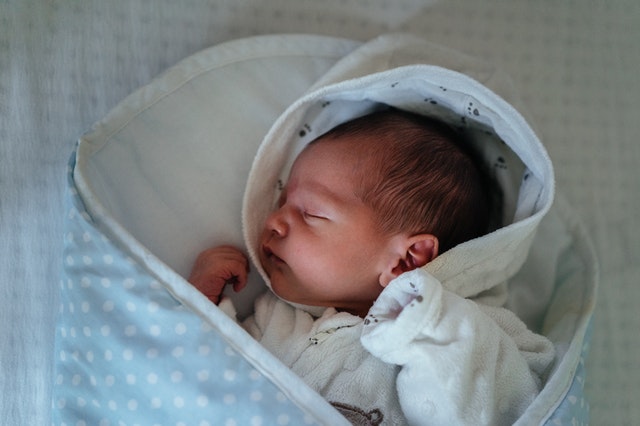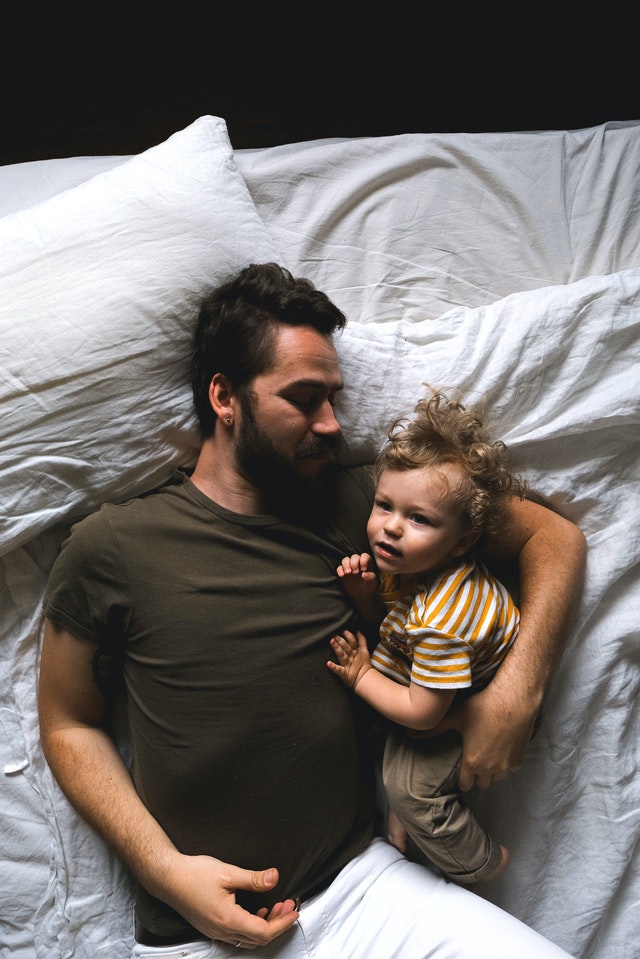Just sing me a damn lullaby
Leela is slowly falling asleep.
At seven weeks old, my daughter has amassed 1176 hours of sleeping, glugging milk, and vacating her inner premises.
For her sleep routine, her highness always chooses the package deal of a barely functioning (but beyond happy) parent — gently relaxing auditory massages of cooing sounds, shhh-s, and lullabies.

I sing lullabies in four languages.
Leela doesn’t understand a single word, but will fall asleep to any one of those.
Why?
Is there something universal about the lullaby melody — slow and gentle? Does she have no language preference? Or does Leela feel safe with me? Could it be a combination of all those factors?

So I went looking and found an interesting study:
Infants like lullabies. And it does not matter what language you sing to them.
Researchers at Harvard’s Music Lab recently found that infants (ages 2 to 14 months) relaxed when they heard lullabies that were unfamiliar and in a foreign language. Their heart rates went down, and they were a lot calmer listening to them. The language and musical styles of lullabies used in the study were different from those used at home.
So melody matters more than language.
But why? Could it be that we have somehow evolved to like or respond to music? The researchers seem to think so.

Take newborns. Studies show that in the first few days of life, they remember melodies heard in the womb, and can detect musical beats. Older infants recognize rhythms of their native culture’s music by their first birthday, and can recall music in great detail after long delays.
How do you explain this?
Infants rely on their parents to survive — parents give them food or attention. So when I am singing to Leela, it’s probably telling her, “Daddy is here! I got you! I’ll keep you safe.” That protective feeling has a universal tune and a universal language, it seems.

The researchers hint that their work could be useful for adults — if we could pinpoint acoustic properties of lullabies that relax infants, we could potentially make music therapy in clinical settings more effective.
Meanwhile, Leela, please go to sleep. Daddy needs to sleep too. Somebody sing me a lullaby.
